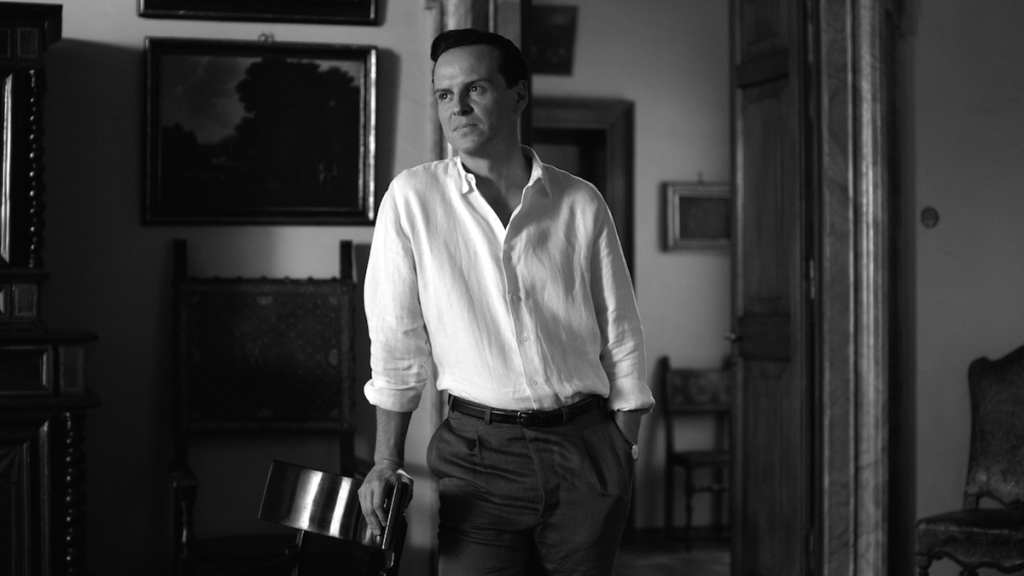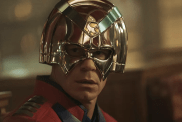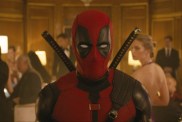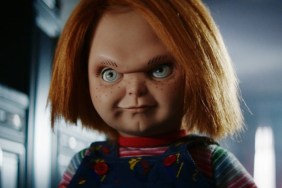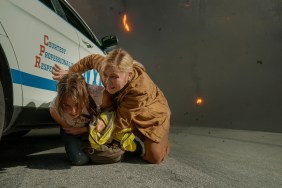ComingSoon Editor-in-Chief Tyler Treese spoke with Ripley star Andrew Scott about the Netflix adaptation of Patricia Highsmith’s novel. The actor delved into the titular character’s morality and how it feels to add his name to the list of actors who have played him. The series is now streaming on Netflix.
“In the series, Tom Ripley, a grifter scraping by in early 1960s New York, is hired by a wealthy man to travel to Italy to try to convince his vagabond son Dickie Greenleaf to return home,” reads the show‘s synopsis. “Tom’s acceptance of the job is the first step into a complex life of deceit, fraud, and murder. Meanwhile, Marge Sherwood, an American living in Italy, suspects darker motives underlie Tom’s affability.”
Tyler Treese: In Ripley, everybody’s excited to see the murders, but it’s the moments after the murder that I was really blown away by with your performance. You bring a lot of humanity and a lot of emotion into those moments. Because it’s a miniseries, we get to linger on these moments rather than just moving quickly past them. How was it acting that out? We don’t often get to see the aftermath of a murder.
Andrew Scott: Yeah, exactly. I think it doesn’t take long to murder somebody, but the aftermath takes a considerable amount of time, and I think that’s what [director and writer] Steve Zaillian’s great achievement is — to be able to lead the audience in ways that we don’t normally see, perhaps, on-screen. In that sense, I think it’s very faithful to the book because, in a book, we can spend seven or eight pages really reveling in something. If the storytelling within the writing is good, we’re absolutely delighted to read it.
And in exactly the same way, I think we can really luxuriate in certain moments. It gives you so much opportunity to act out things that perhaps we don’t normally get to see act acted out. Because the character has such an extraordinary mind … I think to watch that mind at work and to see him not just come up with solutions but also make mistakes is really, really fascinating. It allows the audience to see themselves in Tom Ripley because watching him at work allows us to really focus on what you might do if you were in that situation.
I love those little moments because he does plan things out, but there are moments where you see the plan go awry and he’s losing control, especially when he gets to Italy — the whole language and everything really throws him off. Can you speak to showing those little glimpses of him not having everything fully planned out?
I think that’s a real key to why the character is so enduring — that we see him make mistakes and we see him be uncomfortable. He’s not a suave, sort of debonair kind of character. He can certainly affect that when he needs to, but when we first see him, we see somebody who’s not used to interacting with people in a great way. He’s a loner. He lives in a boarding guest house on the rat-filled streets of the Lower East Side. So to see that vulnerability and see where he comes from, I think, really helps us on the journey.
When he starts to do more dubious things, we’re actually still kind of on his side and we understand because he’s looking at these very spoiled, well-to-do, entitled characters. When we’re looking at these people through his eyes, we’re like, “Yeah, I kind of get that. I get where he’s going.” And then, at some points, we might lose him and we might think, “Oh no, what are you doing now?” So we absolutely see it through his eyes. I think that’s a very unique perspective.
You spoke about how enduring the character was. A lot of people think Matt Damon immediately, of course, but there’s such a rich history of Ripley on screen — Alain Delon, Dennis Hopper, Barry Pepper, John Malkovich — who shows up in the series — what does it mean for you to be adding to that legacy? That has to be really special.
It does. [Laughs]. It feels really wonderful to be asked and to add my add my name to those incredible people. It was wonderful. And particularly given that it’s a version that, when I first read the scripts, I thought the fact that we’re able to spend this amount of time with the character — eight hours in total — adds a sort of unique opportunity. You’re sort of afforded to put your own signature on it, rather than just doing something for more dubious reasons, you know?
You and Dakota Fanning have such wonderful scenes and you almost have a sort of — I described it as anti-chemistry — because they’re so tense. There’s a fake politeness to it. How was it working with her and getting that back-and-forth between you two?
I loved it. I loved it so much. Dakota is doing something so wonderful with this character. That character is really intelligent and they have a sort of wariness about each other that we all recognize what the dynamic is. Ultimately, there’s a sort of odd affection between the two of them, but I couldn’t have asked for anybody better than Dakota to do those scenes with. I think she’s completely wonderful and she’s intelligent and she’s also got this enormous sort of likability as well. And I mean, she’s just one-in-a-million.
